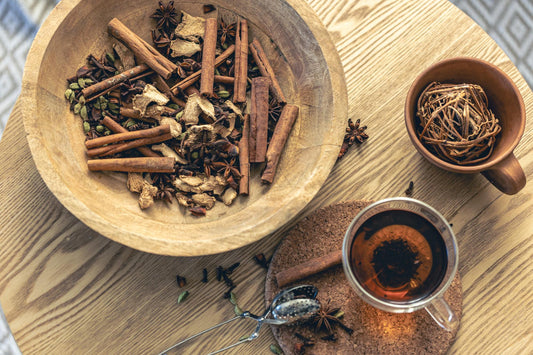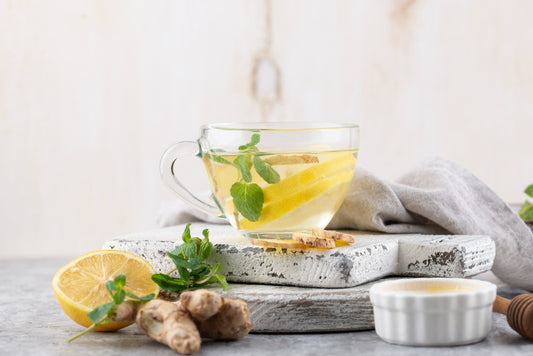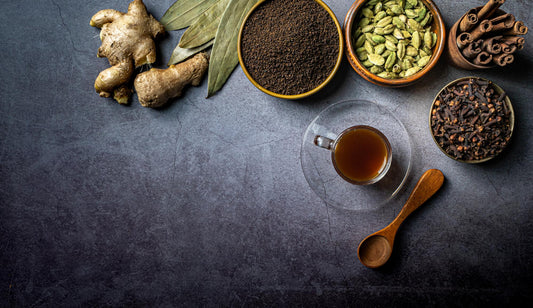Assam Green Tea
Green tea is renowned worldwide for its health benefits, delicate flavors, and soothing aromas. However, among the various types of green tea, Assam Green Tea holds a special place due to its unique characteristics and rich heritage. But what sets Assam Green Tea apart from other green teas? Let's find out.
1. Geographical Origin and Climate
Assam Tea is cultivated in the lush, tropical climate of the Assam region in India. The region's unique weather conditions, characterized by heavy rainfall and high humidity, create an ideal environment for tea cultivation. This distinctive climate, coupled with the fertile soil of the Brahmaputra Valley, contributes to the robust flavor profile of Assam Green Tea.
In contrast, other popular green teas, such as Darjeeling Green or Japanese Sencha, are grown in different climates and geographical conditions, which significantly influence their taste and aroma. For instance, the misty, mountainous regions where Darjeeling Green Tea is grown impart a light, sweet flavor, while Sencha’s coastal cultivation lends a more vegetal, umami taste.

2. Flavor Profile
Assam Green Tea is known for its bold and full-bodied flavor, which sets it apart from the more delicate and subtle notes of other green teas. The leaves of Assam Green Tea produce a bright, amber liquor with a rich, malty taste and a hint of natural sweetness. This unique flavor is a result of the specific variety of the Camellia sinensis plant used in Assam, known as Camellia sinensis var. assamica.
On the other hand, green teas from Japan, like Gyokuro or Matcha, offer a more grassy and oceanic flavor due to their shading process before harvest. Chinese green teas, like Bi Luo Chun or Huangshan Maofeng, tend to have a sweet, floral, and sometimes nutty flavor, reflecting their unique processing techniques and terroir.
3. Processing Techniques
The processing method of Assam Green Tea also sets it apart. After harvesting, the tea leaves undergo minimal oxidation to preserve their green color and fresh, vegetal taste. The leaves are quickly steamed or pan-fired to stop the oxidation process and then rolled and dried. This method helps retain the natural antioxidants and nutrients in the tea.
In comparison, Japanese green teas often undergo a steaming process, which enhances their fresh, grassy flavors, while Chinese green teas typically use pan-firing, resulting in a variety of taste profiles from sweet and floral to toasty and nutty.
4. Health Benefits
Like all green teas, Assam Green Tea is packed with antioxidants, particularly catechins, which are known for their health benefits. Regular consumption of Assam Green Tea can aid in weight-loss, boost metabolism, improve heart health, enhance brain function, and provide anti-cancer properties. Its high antioxidant content also aids in detoxification and supports overall well-being.
While these health benefits are common across green teas, the specific blend of antioxidants and polyphenols in Assam Green Tea, influenced by its unique growing conditions and processing methods, can offer a distinctive set of advantages.
5. Cultural Significance
Assam has a rich tea culture that dates back to the early 19th century when the British established tea plantations in the region. The tea industry has since become an integral part of Assam's heritage and economy. The unique practices and traditions associated with Assam tea cultivation add to the cultural richness and uniqueness of Assam Green Tea.
In contrast, green teas from China and Japan come with their own rich histories and cultural practices, such as the Chinese Gongfu tea ceremony or the Japanese tea ceremony (Chanoyu), each adding a different layer of cultural significance to their teas.
Conclusion
Assam Green Tea stands out among other green teas due to its unique geographical origin, robust flavor profile, distinctive processing techniques, and rich cultural heritage. Whether you are a seasoned tea connoisseur or a curious beginner, exploring Assam Green Tea offers a delightful journey into the diverse and flavorful world of green teas. So, brew yourself a cup of Assam Green Tea and savor the distinctive taste that sets it apart from the rest.



